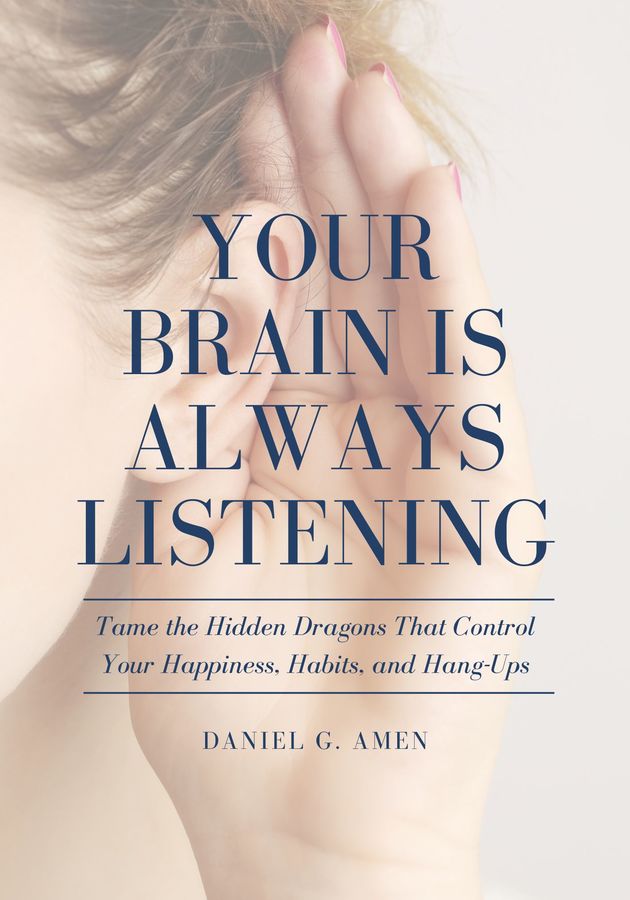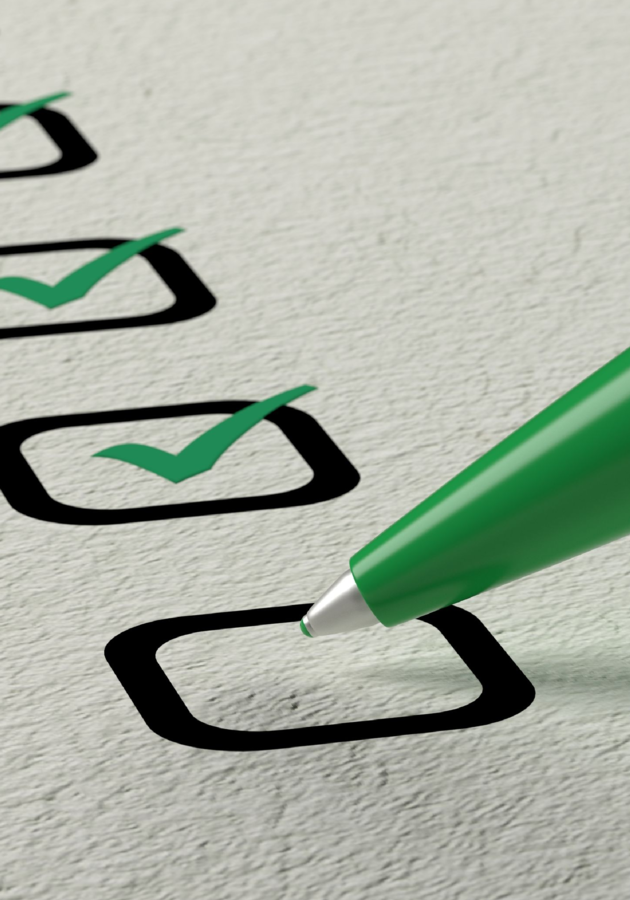They say that there are two kinds of people in the world: those who divide the world into two kinds of people, and those who don’t. By her own admission, Gretchen Rubin belongs to the first kind. A student of human nature, she is in a constant pursuit of “patterns to identify what we do and why we do it.” As suggested by its title, “The Four Tendencies” presents one such pattern. Get ready to discover it yourself and learn how to use it to make your life – and the lives of other people – better and more fulfilled!
The four tendencies
Humans are complex creatures. Yet, most of the books that tell them what to do and how to do it are very simple. If there’s one thing Rubin learned after spending years studying happiness and habits it is that “there’s no magic, one-size-fits-all answer for building a happier, healthier, and more productive life.” In other words, different people have different preferences. Some people crave adrenaline, while others dream of living quiet, peaceful lives. Some are better off alone and single, others find comfort only in the embrace of others. The former enjoy libraries and remote work, the latter want to study in groups and make as many friends as possible. But why? Is there something profound, something deep-rooted in our DNA that shapes our preferences and predilections? If so, what is it?
To discover the answer to this question, Rubin posed a number of questions to the millions of readers of her website a few years ago. After comparing them to each other and grouping them accordingly into a number of types based on inherent similarities, she discovered a key. The “simple, decisive question” that led her to her eureka-moment was, “How do you respond to expectations?” Some people replied they never made New Year’s resolutions because they didn’t like to bind themselves, while others said that they made them but never kept them; yet a third group, for some reason, wanted to point out the arbitrariness of the January 1 date.
Rubin realized two things. The first was that there are two types of expectations each one of us faces in life: outer expectations, which are the expectations other people place on us (like meeting a work deadline), and inner expectations, that is, the expectations we place on ourselves, like a New Year’s resolution. The second thing Rubin realized was that depending on a person’s response to those outer and inner expectations, there are four distinct types of people:
- Upholders. People who respond readily to both outer and inner expectations.
- Questioners. People who respond only to inner expectations because they can only meet an expectation if they believe it is justified.
- Obligers. People who respond willingly and eagerly to outer expectations, but have a problem to meet their own, inner expectations.
- Rebels. People who resist all expectations, outer and inner alike.
According to her own survey and analysis, Rubin discovered that these personality profiles were not equally distributed among the population. Obligers seem to be the most numerous among us (about two in five people) followed by Questioners (about one in four). The Rebel Tendency has the fewest members (about one in six) and about one in five people have the Upholder tendency. Interested to discover your own? Well then, allow us to delve deeper into each of the four tendencies to help you do just that.
Upholder: “Discipline is my freedom”
Upholders readily meet both outer and inner expectations. Meaning, not only do they have no problem meeting their work deadlines, they can also keep their New Year’s resolutions without much fuss as well. They are reliable, conscientious, and thorough, always eager to understand and meet directives. In a sentence, Upholders are the guys able to do both the things they want to do and the things they don’t want to do, but know they must.
Self-directed and self-motivated, Upholders need no supervision or penalties to encourage them to do what is expected from them. They just need an order and a plan, because they enjoy routines and are “very intrigued by rules.” For example, few of them will ever start playing a social board game without studying the instruction manual in detail first. Upholders crave obeying orders, following precise recipes or wearing uniforms. If they make a commitment, they’ll stick to it no matter what and without outside help. Aware of their strengths, they feel they can count on themselves more than they can count on any other person in their lives.
Therein lies the main problem with Upholders. Because they need no reminders to do a job – any job – they are impatient when other people need them. They just can’t understand how someone would not do something that was asked of them. For the same reason, they become “disapproving and uneasy when others misbehave, even in minor ways.” For example, they can lose their courtesy if someone starts whispering to them during a meeting or arrives at a scheduled event a few minutes after the agreed-upon time. In general, because they prefer to do things right, Upholders can often be humorless and uptight.
Because they expect so much of themselves – and so little of other people – Upholders are unable to delegate things, skip a meaningless task or take an unscheduled break. Just as well, they feel very uncomfortable when rules are undefined or ambiguous and can struggle immensely when plans or schedules change. Upholders are great as entrepreneurs, freelancers, solo consulters, bank regulators, traffic cops – really, they are great in jobs or roles that require people to be self-starters. However, they are too inflexible to thrive in environments where changes and adaptations are necessary. That’s why Upholders can experience problems parenting – unless they manage to raise an Upholder child, that is.
Questioner: “I’ll comply – if you convince me why”
Questioners, writes Rubin, “show a deep commitment to information, logic, and efficiency. They want to gather their own facts, decide for themselves, and act with good reason; they object to anything they consider arbitrary, ill-reasoned, ill-informed, or ineffective.” Their favorite two words are either “prove it” or “but why?” While Upholders meet both outer and inner expectations, Questioners meet only the latter. The only way for a Questioner to meet an outer expectation is if they turn it into an inner one.
Questioners are interested in creating systems that are efficient and effective. Because they are unwilling to accept authority without justification, they are willing to play devil’s advocate on just about any matter and buck the system whenever it is warranted. For example, if their boss asks them to finish a report by Friday and they realize that nobody is going to read that report by next Wednesday, they will hand it over Tuesday evening, providing the rationale only if asked. Their motto is, “I do what I think makes the most sense, according to my judgment, even if that means ignoring the rules or other people’s expectations.”
Since Questioners constantly ask questions, they can often seem uncooperative or defiant. They aren’t: they just put a high value on reason and research. However, precisely because of this, they hate being questioned by others. Given that they have considered most of their actions so carefully, they find it “tiresome or even insulting to be asked to justify their decisions.” They also find it difficult to accept closure on matters considered settled by others if some of their questions remain unanswered. As a result, Questioners are difficult to deal with and can sometimes evolve into crackpots, always willing to reject the guidance of experts in favor of their own opinions. Most conspiracy theorists are nothing more than obsessive Questioners. People who spend hours comparing different trailers and casts to choose a movie may be less fanatic than QAnons, but are Questioners nevertheless. Great as journalists and researchers, temperate Questioners should steer clear of bosses who interpret constant queries as uncooperative: neither will benefit from each other’s presence.
Obliger: “You can count on me, and I’m counting on you to count on me”
Obligers willingly meet the outer expectations imposed by others but struggle to meet the inner expectations they want to impose on themselves. Deep inside them, they believe it’s more important to meet their commitments to others than it is to keep their own resolutions. Obligers can only be motivated with supervision, evaluations, deadlines, deliverables and monitoring. That’s why they would never miss practice when on their high school track team, but will never make themselves go running once they graduate. You don’t just give an Obliger something to do: you give them a task and make them accountable for it. Even a fake deadline will do.
In cases such as those, Obligers are very reliable, often even willing to go the extra mile. That’s why they are frequently their boss’s favorites or most people’s favorite bosses. Since they respond easily to outer accountability, they are also great team players. However, their tendency is a double-edged sword, as it makes them vulnerable to exploitation. Namely, since Obligers put other people’s expectations before their own, they often have trouble saying “no” or imposing limits. Once Questioners and Rebels discover this, they may start handing them their own work, knowing full well that even when they can’t, Obligers will accept it. That makes Obligers susceptible to overwork and burnout and, more frighteningly, to the destructive Obliger-rebellion pattern.
The Obliger-rebellion pattern occurs when the burden of outer expectations becomes unbearable. Then, and only then, an Obliger may turn into a vicious kind of Rebel, refusing to meet expectations for the foreseeable future. In the beginning, their acts can be small and symbolic (such as, turning up a few minutes later for work), but the less the others back off, the greater the destruction an Obliger-rebellion may eventually cause. That’s why, if you are an Obliger, you must pay attention to your own feelings at all times. When you start feeling resentful or burned out, it’s best that you speak to an HR rep or a manager to alleviate the expectations being placed upon you, because otherwise, you may snap at any moment. And it won’t be pretty when that happens. For anyone.
Rebel: “You can’t make me, and neither can I”
Rebels resist all expectations, outer and inner alike. In Rubin’s explanation: “They want to do what they want to do, in their own way and in their own time, and if someone asks or tells them to do something, they resist. They don’t even want to tell themselves what to do – they resist expectations imposed from within as vigorously as those imposed from without. Rebels want to act from a sense of choice, freedom, and self-expression.”
In other words, if you asked a Rebel to describe themselves using only three words, those three words would probably be “doesn’t follow directions.” You will never make a Rebel do something by telling them what they need to do – if anything, they would probably do the exact opposite. If you want them to respond to something, then give them a challenge. Their favorite calls of defiance are: “I’ll show you,” “Watch me,” “You can’t make me,” and “You’re not the boss of me.”
That doesn’t mean that Rebels are not good workers. On the contrary, they can be the best ones, the trailblazers, the life-changers – but only when they are not supervised and their work aligns with their aims. In cases such as these, they are the ones with the ideas, the ones able to think outside the box. Too spontaneous to be cooperative, Rebels always act as if ordinary rules don’t apply to them. That’s why they strive to change them.
Whatever a Rebel might do, you can be certain that he or she has done it because of a sense of mission or belief in a cause. Too restless to settle down, Rebels are never good at accomplishing repetitive tasks or staying in long-term relationships. In fact, if a Rebel is in a successful enduring relationship at home or at work, their partner is most probably an Obliger. No Upholder or Questioner would ever welcome the inconsiderate behavior of a Rebel. Just as well, no Rebel would accept the rigidity of an Upholder or the indecisiveness of a Questioner.
Final notes
“The Four Tendencies” offers yet another framework for understanding people. Just like most others, it is a great rule of thumb that – in the words of psychologist Susan David – can help you better recognize your own nature, harness its strengths, and counteract its weaknesses.
And that’s where success and happiness begin.
12min tip
Use an online questionnaire to identify your tendency. Merely knowing your type will immediately help you improve most areas of your life.





























